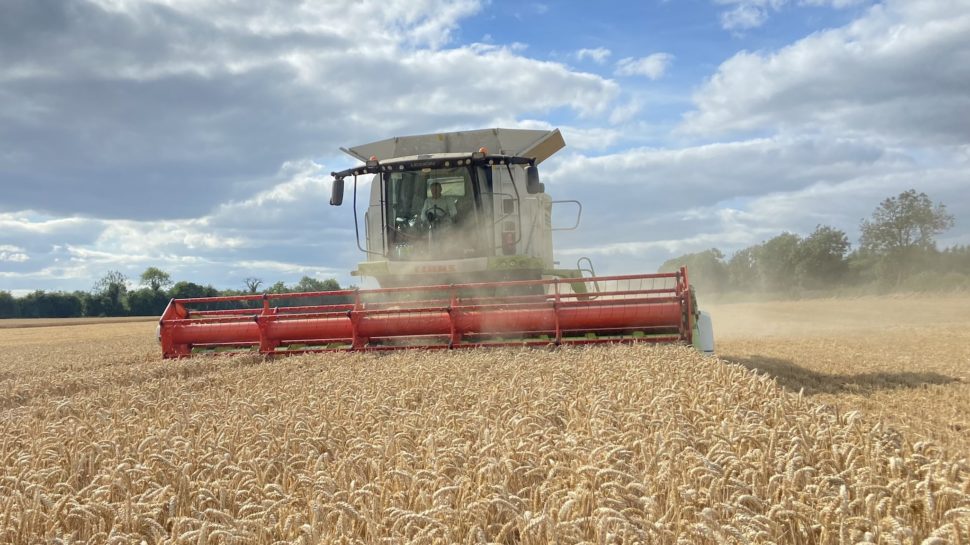Fertiliser Price Hike Threatens Margin for Tillage Farmers for Next Harvest

IFA Grain Chairman Kieran McEvoy said rising fertiliser prices are a major concern for tillage farmers.
“Satisfactory yields and higher prices have enabled farmers to weather the input cost surge in 2022. However, 2023 futures prices are €40-50/t lower than 2022 and fertiliser prices on the whole will be higher for next season. Any further falls in world grain markets after planting this autumn will leave margins very tight or non-existent,” he said.
“A warm, dry July ensured grain moistures were much lower than normal and straw has been easier to bale. After a mixed winter barley harvest, yields have improved for other crops. Winter oilseed rape is yielding 15% better than is perhaps typical. This is positive news given the 4,500 extra hectares planted last autumn,” he said.
Over half of the national area has been harvested, with farmers now working on winter wheat and spring barley. They make up 60% of the total cropped area.
“Progress is greater in the south and south east, which is to be expected with the harvest of spring barley underway. Rainfall has hindered harvesting progress for some farmers in Co. Donegal,” he said.
The Straw Incorporation Measure scheme has seen very good uptake, with 52,000 hectares being chopped. He said some farmers are chopping additional straw outside of the scheme this year to reduce offtake of P and K nutrients and lower fertiliser requirements.
“Prices remain volatile, especially with news of grain vessels leaving Ukraine. They have fallen significantly throughout the summer, but current prices still remain at historically high levels,” he said.
Kieran McEvoy said fertiliser prices are a major concern for tillage farmers.
“Satisfactory yields and higher prices have enabled farmers to weather the input cost surge in 2022. However, at present 2023 futures prices are €40-50/t lower than 2022 and fertiliser prices on the whole will be higher for next season. Any further falls in world grain markets after planting this autumn will leave margins very tight or non-existent,” he said.



